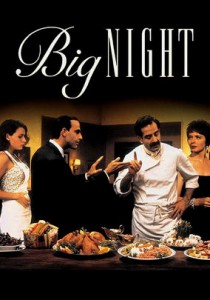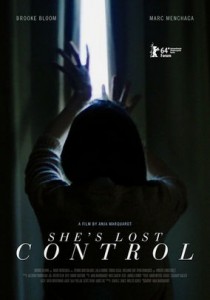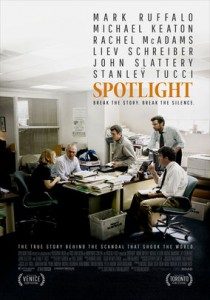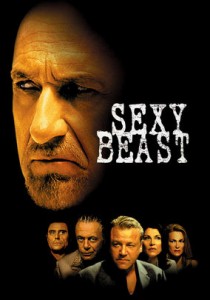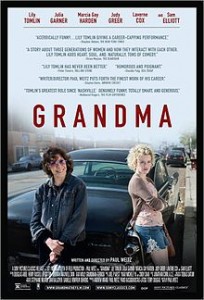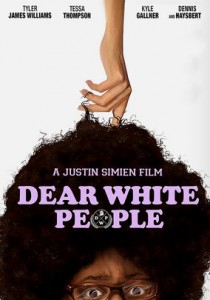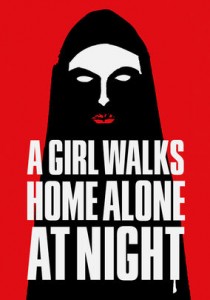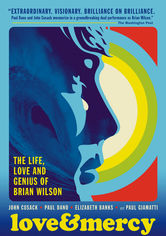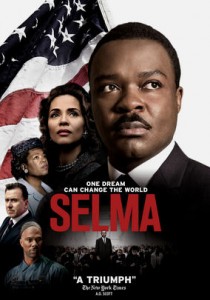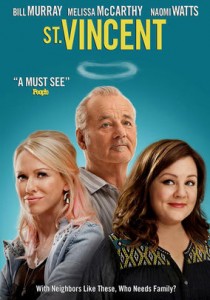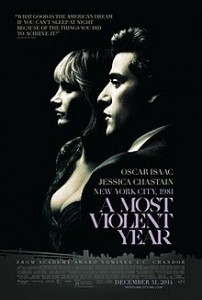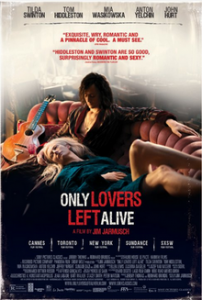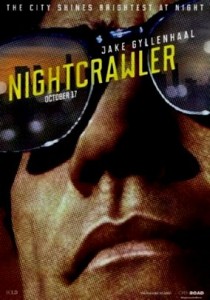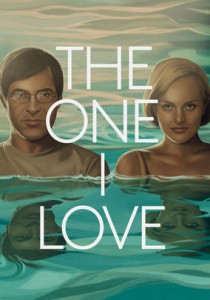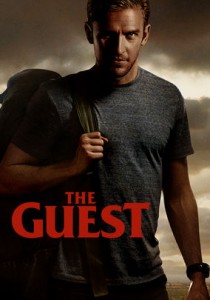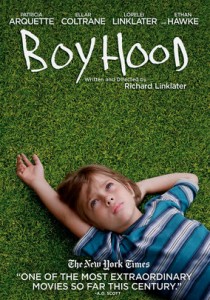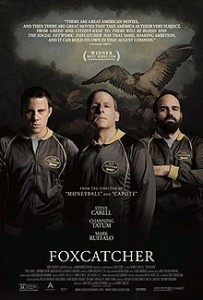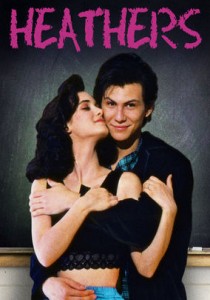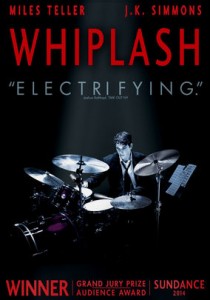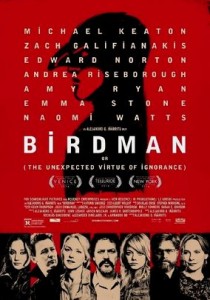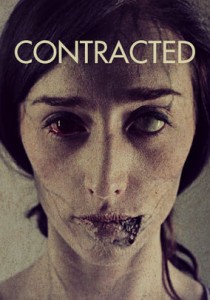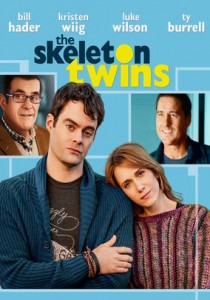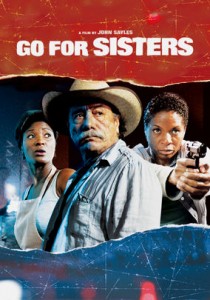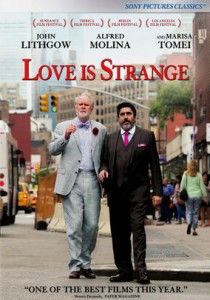Big Night-1996
Director Stanley Tucci, Campbell Scott
Starring Stanley Tucci, Tony Shalhoub
Scott’s Review #300
Reviewed December 16, 2015
Grade: B+
Big Night (1996) is a sweet, whimsical little film that is a food lover’s dream come true since that is the focal point of the story with more than one dish being prepared on-screen giving it realism.
It centers on the restaurant business and, specifically, how two brothers struggle to keep their failing restaurant afloat through their love and passion for food.
The story tells of two Italian immigrant brothers, Primo and Secondo, played by Tony Shalhoub and Stanley Tucci, respectively.
The time is the 1950s and they reside in blue-collar New Jersey. Times are tough for them as they try to succeed in the difficult restaurant business- they specialize in Italian food of course.
Secondo is a playboy of sorts- suave and handsome, he dates Phyllis (Minnie Driver) while galavanting with a sophisticated older woman named Gabriela, the wife of a competitor.
Primo, on the other hand, is quiet, and serious, yet an all-star chef. The food he prepares is wonderful and his talent is evident.
But how can they market themselves to be successful?
At this point, their restaurant is dying and they risk being reduced to returning to Italy or eke out a meager existence working for someone else.
An idea is announced to have a celebrity singer (Louis Prima) perform for a one-night extravaganza at their restaurant, where they will make the meal of their lives and impress the town, thus achieving success.
The film is charming and my favorite parts are on the “big night”. As the duo prepared the liquor order and shopped for flowers and other decorations in preparation, the mood and spirit left me with a warm feeling.
What a sense of togetherness Primo and Secondo, along with friends, felt to achieve this challenging goal. Inevitably, there is tension between the brothers, and between Secondo and Phyllis, but truthfully, these are merely sub-plots, and the heart of the film is in the food.
The scenes that take place in the kitchen left my mouth watering. As Secondo prepares a baked pasta dish (Timpano), the meal oozes with love and tastiness. The entire story arc is grand and magnificent.
The group of diners revels in the dining room of the restaurant enjoying spirits and dancing the night away. By morning everyone is full and drunk, both with love and alcohol, but most are happy. They get merry as they eat the night away.
I could almost taste the main course!
A subplot that works for me is the burgeoning romance between reserved Primo and equally reserved flower shop owner, Ann. Both very timid, they finally muster the courage to admit their feelings for each other while enjoying (what else?) wine and food- what better way to begin a romance?
The tenderness and chemistry between these two are very innocent and captivated me while watching the film.
The final scene of the brothers making an omelet is also wonderful and a fitting way to stress togetherness and perseverance, which is what the small film is really about.
For lovers of food, Big Night (1996) is a shining moment.
Independent Spirit Award Nominations: 1 win-Best Male Lead-Tony Shalhoub, Stanley Tucci, Best First Screenplay (won), Best First Feature
